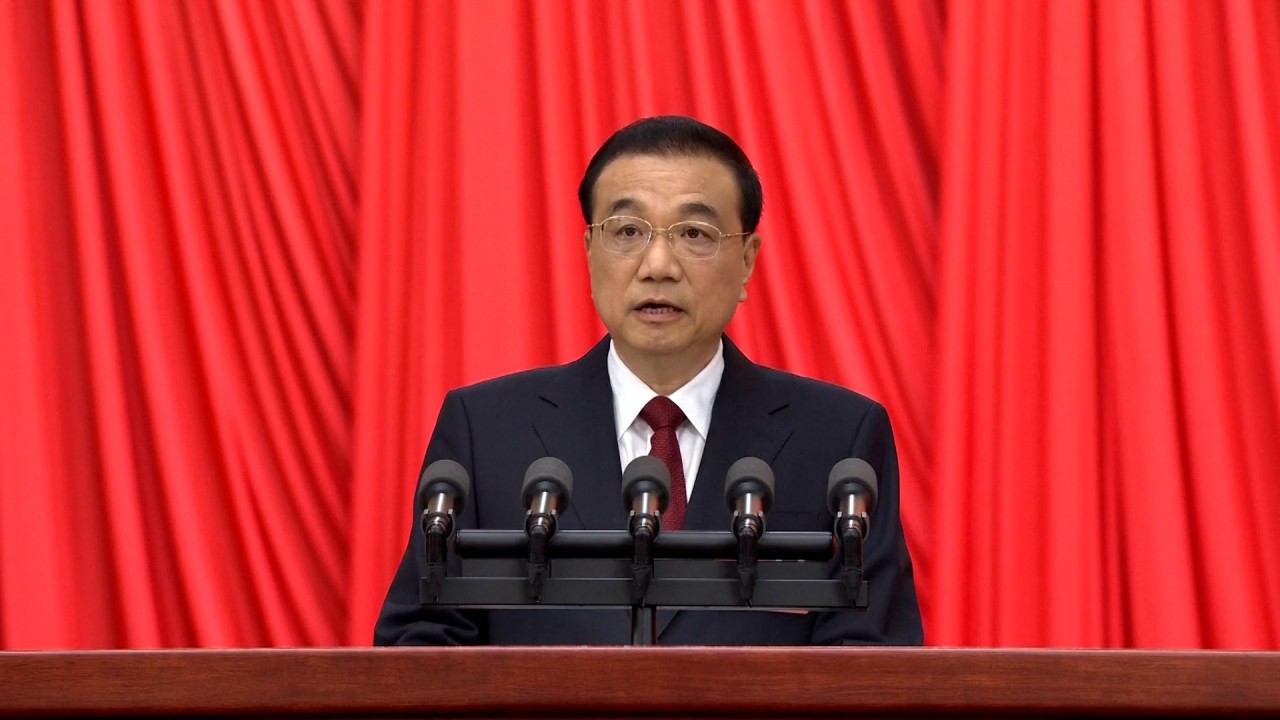
Investor confidence in China’s yuan and financial markets hangs on stability
- China’s strong economic fundamentals are a big plus in its push for renminbi internationalisation. The trick lies in liberalising its financial markets at just the right pace, without exposing them to too much risk
The challenge is how to break into the big time and take on the euro’s share at 20 per cent of the market, let alone challenge the US dollar’s dominance with a 58 per cent market share. Beijing still has some way to go to fully internationalise its currency, opening up its markets to all-comers and building global confidence in China as a safe enclave for investors.
The dilemma is opening up China’s financial markets without exposing the renminbi to too much implicit risk in the process.
Yet, in the past 10 years, China’s official currency reserves have fallen from a peak of about US$4 trillion in 2014 down to just over US$3 trillion at present.
Beijing’s understandable concern is that by opening up its capital markets at too rapid a pace, it might spark an outflow of hot money, adding a further drain on reserves in the process. It might be the price of increased internationalisation for the currency, so the challenge is finding an appropriate balance that promotes financial stability.
This means having the right kind of economic and financial fundamentals which draw in foreign investors, while encouraging domestic savers to keep their money invested in home markets.
Another cut in interest rates should provide a relative boost for China’s equity and bond markets at a time when other major nations are weighing up more interest rate rises to combat inflation.
China’s currency popularity is moving up the ranks, with the renminbi rated the fifth most actively traded, according to the Bank for International Settlements, behind the US dollar, euro, Japanese yen and UK pound.
It still has a long way to go to catch up to the dollar, thanks to the latter’s record as a universal means of exchange, its safe haven appeal and long-held role as the anchor currency for so much international trade and finance.
China woos private sector, foreign firms in growth boost bid, policy experts say
Maintaining market stability and reducing volatility will be critical for investor confidence, given that global markets have been subject to so much turmoil in recent years. It will be a major achievement if, in future, investors can consider China as a possible go-to market in times of stress, on a par with the US dollar on currency terms or German government bonds for fixed-income needs.
It’s a hearts and minds exercise and Beijing has much to play for. With the right policies and sound economic fundamentals, there’s no reason the US dollar’s global dominance can’t be challenged in the future. It’s just a matter of time.
David Brown is the chief executive of New View Economics


